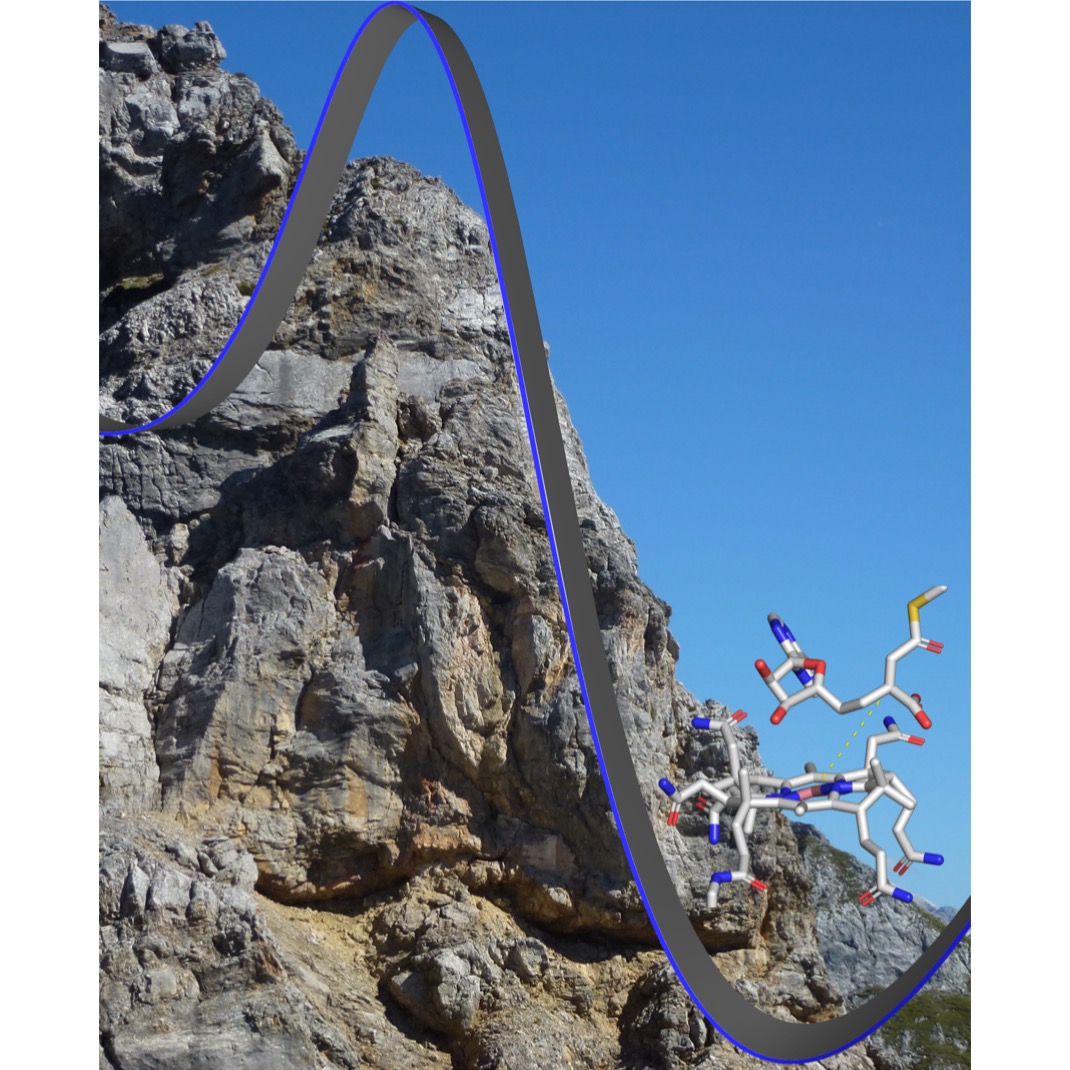
Controlled radicals enable unusual enzymatic transformations, but radical generation and management require dedicated systems. In work published in Science, researchers in the laboratory of Ruma Banerjee and their collaborators reveal how the immunometabolite itaconate might undermine these systems to inhibit propionate metabolism, a crucial metabolic pathway in pathogenic Mycobacterium tuberculosis (Mtb). They found that the coenzyme A (CoA) derivative of itaconate is a suicide inactivator of methylmalonyl-CoA mutase (MCM), which uses the radical-generating cofactor adenosylcobalamin, or coenzyme B12. Itaconyl-CoA derails the normal radical reaction catalyzed by MCM, forming a stable biradical species, which is incapable of completing the catalytic cycle and cannot be recycled by the endogenous coenzyme B12 regeneration machinery. Itaconate blocks Mtb growth on propionate, and this inhibition mechanism may be relevant to how macrophages resist Mtb infection. An accompanying Perspective, entitled "The Immune System Mimics a Pathogen", highlighted the study in the journal.
